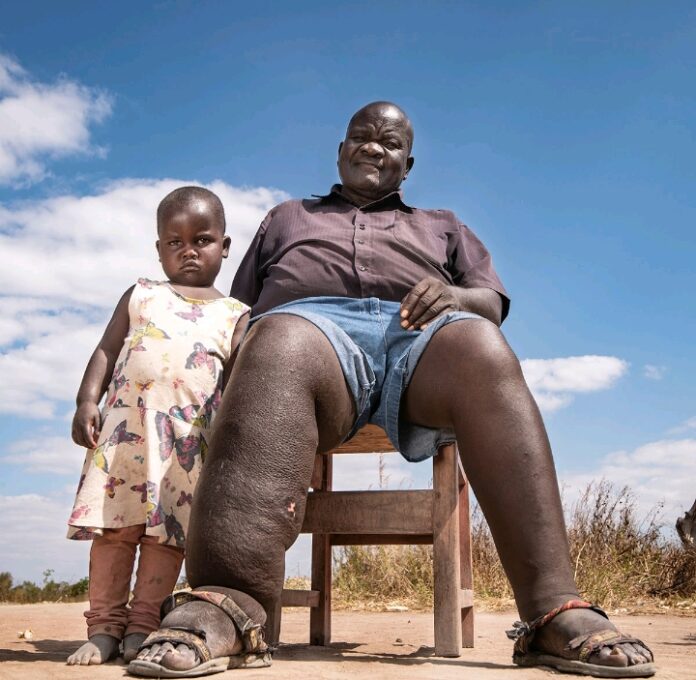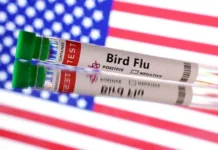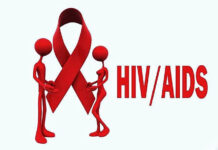Elephantiasis, also known as lymphatic filariasis, is a disease that causes severe swelling in the legs, arms, and other body parts.
It’s caused by tiny worms spread by mosquito bites. Here’s how you can prevent it.
Mosquito Control
Since mosquitoes spread elephantiasis, controlling them is key.
1. Eliminate Breeding Sites:
– Remove stagnant water around your home, such as in old tires, buckets, or flower pots.
– Keep drainage systems clean and functioning.
2. Use Insecticides:
– Spray insecticides inside your home to kill mosquitoes.
– Use larvicides in standing water to kill mosquito larvae.
3. Biological Control:
– Introduce fish that eat mosquito larvae into water bodies.
– Use bacteria that target mosquito larvae.
Personal Protection
Protect yourself from mosquito bites.
1. Insect Repellents:
– Apply mosquito repellent on your skin and clothes.
2. Protective Clothing:
– Wear long sleeves, long pants, and socks, especially during mosquito peak times at dawn and dusk.
3. Mosquito Nets:
– Sleep under treated mosquito nets.
4. Screens:
– Install screens on windows and doors to keep mosquitoes out.

Community Health Strategies
Community efforts help reduce the risk.
1. Mass Drug Administration (MDA):
– Participate in programs where the whole community takes medicine to kill the worms.
2. Health Education:
– Learn and spread information about preventing elephantiasis.
3. Improving Sanitation:
– Ensure proper waste disposal and access to clean water to reduce mosquito breeding.
Preventing elephantiasis involves controlling mosquitoes, protecting yourself from bites, and participating in community health programs. Working together, we can significantly reduce the risk of this disease.




